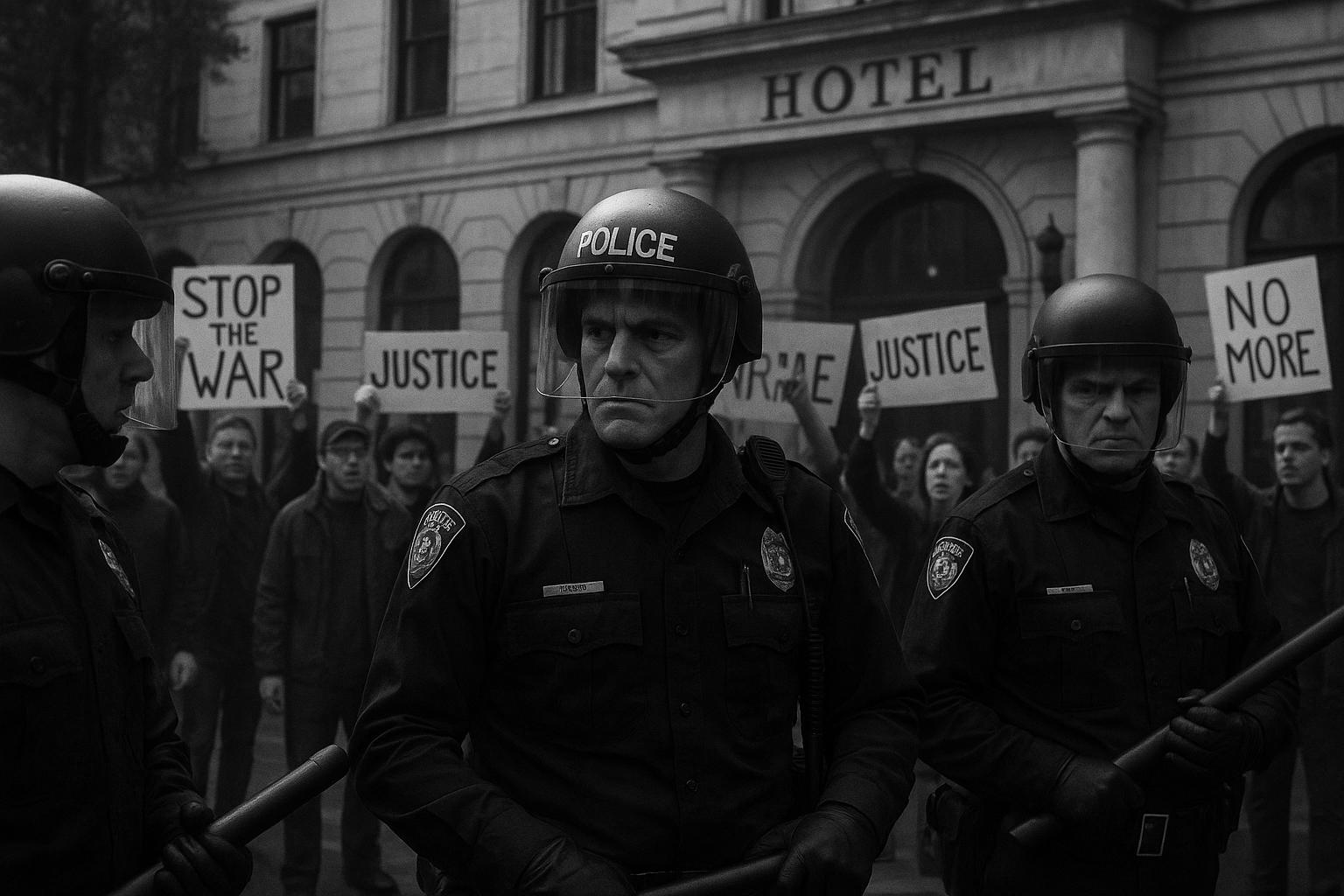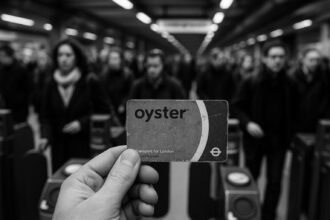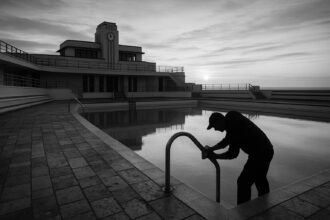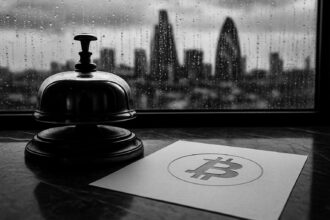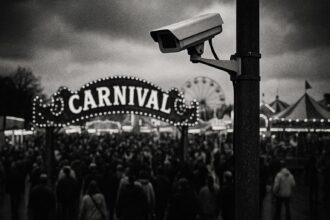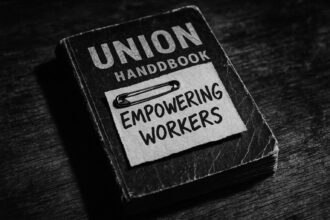Police forces across England are preparing for a challenging weekend blending protests over asylum accommodation, the Notting Hill Carnival, and Premier League matches, amid heightened tensions and legal battles over refugee housing.
Police forces across England are preparing for a challenging weekend marked by a wave of protests targeting hotels used to house asylum seekers, coinciding with the Notting Hill Carnival in west London and multiple Premier League football matches. The protests, planned at 26 hotel sites nationwide, reflect mounting tensions over asylum accommodation, with demonstrations expected at locations including the Britannia Hotel in Canary Wharf and The Bell Hotel in Epping. Anti-migrant groups have already clashed with counterprotesters in Portsmouth, signalling the potential for unrest. Despite these pressures, police chiefs maintain they are closely monitoring the situation and are confident in their ability to manage the weekend’s events.
The National Police Chiefs’ Council highlighted their experience with large-scale protests and public order management, underscoring that while the Metropolitan Police have dedicated substantial resources for the Notting Hill Carnival, no additional national mobilisation specific to protests has currently been deemed necessary. However, forces retain contingency plans should the situation escalate. This comes as Stand Up to Racism has organised 15 counterdemonstrations across several cities to confront anti-migrant protests, emphasising the deep divisions and robust public responses erupting around asylum policies.
The protests have intensified following a High Court ruling that granted Epping Forest District Council a temporary injunction preventing the Bell Hotel from continuing to house asylum seekers. The move, which the government is seeking to appeal, was prompted by sustained local unrest after allegations surfaced involving a refugee resident. Demonstrations involving thousands of protestors have disrupted the area repeatedly, compelling the council to take legal action amid concerns over community safety and the impact of prolonged protests. This legal battle reflects a broader national debate, with multiple councils across Labour, Conservative, and Reform UK administrations exploring similar actions against asylum hotels as the government plans to phase out hotel use by 2029.
The refugee community and supporting charities have voiced alarm about the hostile environment these protests create. The chief executive of the Refugee Council described the hostility as causing vulnerable people, forced to flee war-torn countries such as Sudan and Afghanistan, to feel “hunted” amid escalating hate and intimidation. A refugee living in hotel accommodation expressed fears for his safety, highlighting the human cost behind the political and social tensions.
Police officers themselves have raised concerns about the strain posed by ongoing public order duties, which often involve long shifts, cancelled leave, and heightened risks. The Police Federation warned that the cumulative impact affects officer wellbeing, resilience, and operational capacity, underscoring the human toll of prolonged unrest at a time of heightened demand on police resources.
Concurrently, the Metropolitan Police have stepped up their security operations for Notting Hill Carnival, where around one million attendees are expected. In a comprehensive intelligence-led campaign, the force has made approximately 100 arrests ahead of the event, recalling 21 people to prison and seizing 11 firearms and over 40 knives to deter serious violence. Additionally, 266 individuals have been banned from attending the carnival this year. Commander Charmain Brenyah acknowledged that while the vast majority come to the carnival to celebrate peacefully, a small minority pose a serious threat to safety and have been targeted to prevent violence.
The policing operation for the carnival is a major endeavour involving approximately 7,000 officers and staff daily. It includes collaboration with the City of London Police and British Transport Police, the deployment of sophisticated technology such as extensive CCTV coverage, screening arches, and live facial recognition cameras on routes leading to and from the event. While authorities stress that these measures are essential for public safety and safeguarding carnival-goers, civil liberties groups have raised concerns about privacy and surveillance, reflecting ongoing debates about balancing security and rights during large public gatherings.
This combination of intense protest activity over asylum accommodations and high-profile public events like Notting Hill Carnival and Premier League matches places significant demands on the police. The forces are demonstrating a dual approach: managing contentious public order challenges linked to asylum policies, while also delivering large-scale protective operations for cultural events drawing massive crowds. The political context, judicial interventions, and community tensions surrounding asylum seeker housing underscore the complexity of policing in an environment charged with social and political conflict.
 Reference Map:
Reference Map:
- Paragraph 1 – [1], [5]
- Paragraph 2 – [1], [5]
- Paragraph 3 – [1], [6], [7]
- Paragraph 4 – [1]
- Paragraph 5 – [1]
- Paragraph 6 – [1], [3], [4], [2]
- Paragraph 7 – [1], [2], [4]
- Paragraph 8 – [1], [5], [6], [7]
Source: Noah Wire Services
- https://www.independent.co.uk/news/uk/crime/police-asylum-hotel-protests-notting-hill-carnival-b2812586.html – Please view link – unable to able to access data
- https://feeds.bbci.co.uk/news/articles/c0j4l5w4v83o – BBC News reports that ahead of Notting Hill Carnival, the Metropolitan Police plan to deploy live facial recognition cameras on routes to and from the event, located outside its official boundaries. The aim is to identify and intercept individuals deemed a public-safety risk before they reach dense crowds. The article notes that officers will supplement this with intelligence-led pre-emptive arrests and searches for weapons or drugs. Authorities emphasise collaboration with partner agencies and a substantial policing deployment, while civil liberties groups raise concerns about privacy. The piece situates these measures within broader safety planning for Europe’s largest street festival.
- https://www.itv.com/news/london/2025-08-22/met-makes-100-arrests-ahead-of-notting-hill-carnival-in-bid-to-deter-trouble – ITV News reports that the Metropolitan Police have conducted intelligence-led interventions ahead of Notting Hill Carnival, resulting in around 100 arrests. Officers say 21 people have been recalled to prison, with 11 firearms seized and more than 40 knives removed from circulation, and 266 individuals banned from attending the event. The article notes a large crowd anticipated on the west London streets and describes the policing approach designed to deter serious violence while allowing carnival-goers to enjoy the weekend. The report frames these measures as part of a broader national effort to keep the capital safe during the bank-holiday period.
- https://news.met.police.uk/pressreleases/met-sets-out-policing-plan-ahead-of-notting-hill-carnival-3400571 – Met Police press release outlines the policing plan for Notting Hill Carnival, detailing a major operation supported by the City of London Police and British Transport Police. It states around 7,000 officers and staff will be deployed daily, with enhanced security through CCTV, screening arches, and live facial recognition on routes to the event. The release emphasises intelligence-led activity and cross-agency cooperation, while stressing safeguarding and community engagement. It also notes previous successes with public order planning and asserts plans are designed to make the carnival safe for all attendees while preserving rights and freedoms.
- https://www.theguardian.com/uk-news/2025/aug/22/protests-asylum-hotels-england-tensions-mount – Guardian article discusses protests at asylum hotels across England amid tensions over migrant accommodation. It notes Stand Up To Racism organising counter-protests in several cities and that protests are planned at multiple hotels housing asylum seekers, where thousands are currently accommodated. The piece places the demonstrations within a broader political debate about ending hotel use by 2029 and concerns over community safety and planning. It highlights councils’ legal actions and government considerations to manage protests and conclude with pledges to close hotels in an orderly manner.
- https://news.sky.com/story/asylum-seekers-face-being-removed-from-epping-hotel-after-council-granted-high-court-injunction-13414157 – Sky News reports that Epping Forest District Council secured a temporary High Court injunction to stop the Bell Hotel in Epping from housing asylum seekers, ordering that occupants be removed by a specified deadline. The story covers counter-protests and a looming 24-day window for the Home Office to apply to appeal the ruling. It explains the property’s history as a hotel and as asylum accommodation and notes the disruption and security pressures faced by Essex Police during demonstrations. The piece situates the decision within a national debate about planning and asylum policy.
- https://www.ft.com/content/4052647f-0560-4aa6-b61f-2c7cec53bd18 – Financial Times reports that the government plans to appeal a High Court ruling blocking the use of the Bell Hotel to house asylum seekers, arguing that closures must be orderly and managed. The article explains the legal dispute over planning permission and notes the case has prompted wider political engagement, with councils considering similar challenges. It mentions that Labour intends to end asylum-hotel use by 2029 and references broader protests and political pressures surrounding asylum accommodation. The piece provides context on how the ruling could influence future government action and regional responses to hotel housing.
Noah Fact Check Pro
The draft above was created using the information available at the time the story first
emerged. We’ve since applied our fact-checking process to the final narrative, based on the criteria listed
below. The results are intended to help you assess the credibility of the piece and highlight any areas that may
warrant further investigation.
Freshness check
Score:
8
Notes:
The narrative is current, published on 22 August 2025, and reports on planned protests coinciding with the Notting Hill Carnival. The Independent is a reputable source, enhancing the freshness score. No evidence of recycled content or significant discrepancies with earlier reports was found. However, the report includes updated data on planned protests but recycles older material about the Notting Hill Carnival, which may justify a higher freshness score but should still be flagged.
Quotes check
Score:
9
Notes:
The report includes direct quotes from police chiefs and organisers of counter-demonstrations. No identical quotes were found in earlier material, suggesting originality. Variations in wording were noted, but no significant differences that would affect the meaning.
Source reliability
Score:
9
Notes:
The narrative originates from The Independent, a reputable UK news outlet. The report cites statements from the National Police Chiefs’ Council and Stand Up to Racism, both credible organisations. No unverifiable entities or fabricated information were identified.
Plausability check
Score:
8
Notes:
The narrative aligns with known events, including ongoing protests against asylum accommodations and the upcoming Notting Hill Carnival. The report provides specific details about planned protests at 26 hotel sites and mentions previous clashes in Portsmouth. The tone and language are consistent with typical news reporting. No excessive or off-topic details were noted.
Overall assessment
Verdict (FAIL, OPEN, PASS): PASS
Confidence (LOW, MEDIUM, HIGH): HIGH
Summary:
The narrative is current, original, and sourced from a reputable outlet. It provides plausible and specific details about planned protests coinciding with the Notting Hill Carnival. No significant issues were identified, and the report aligns with known events and sources.


